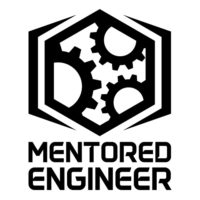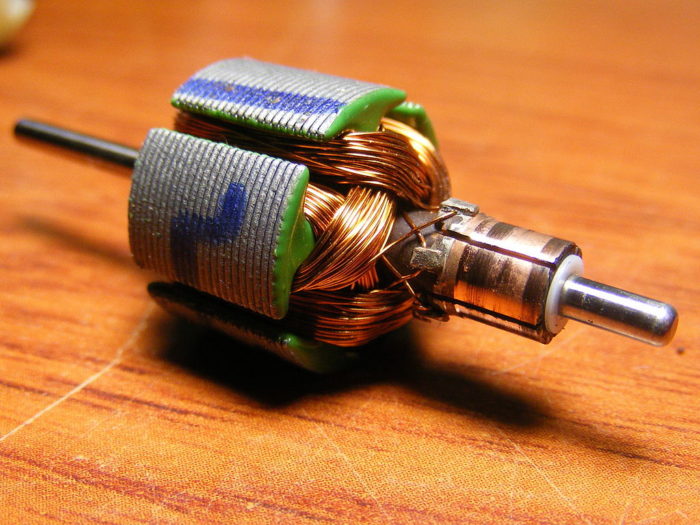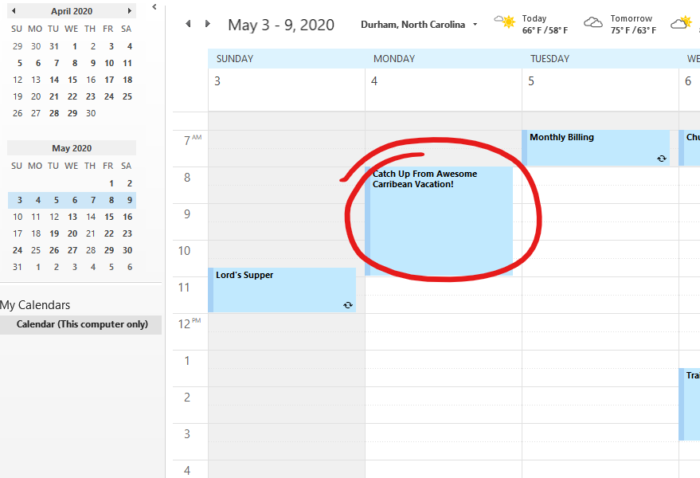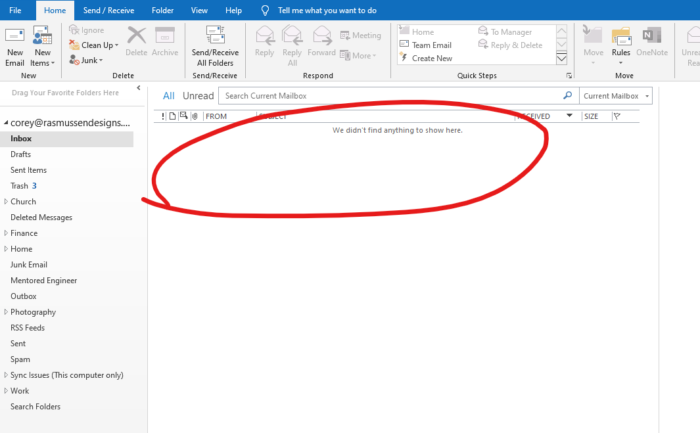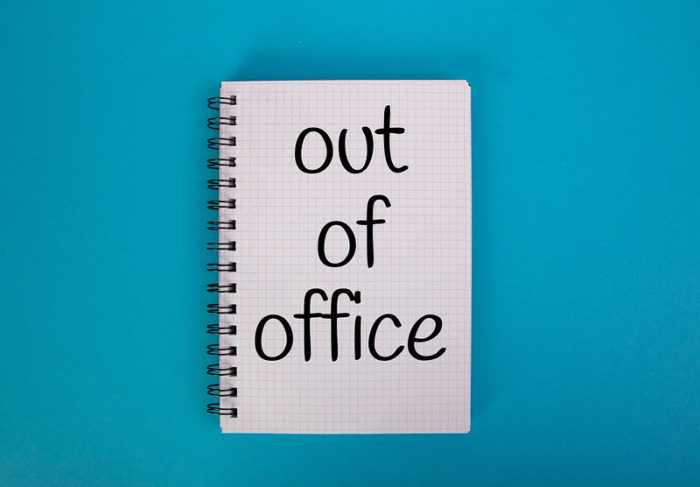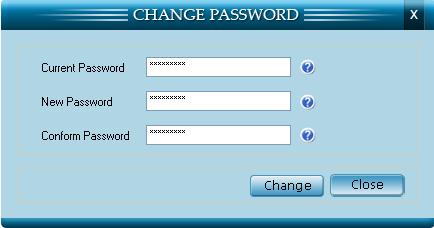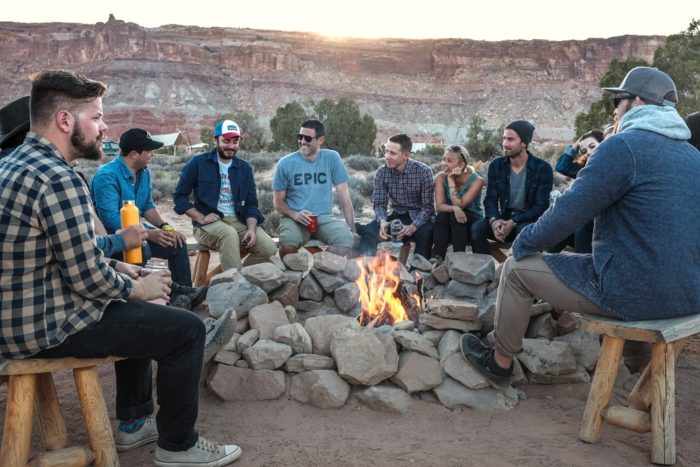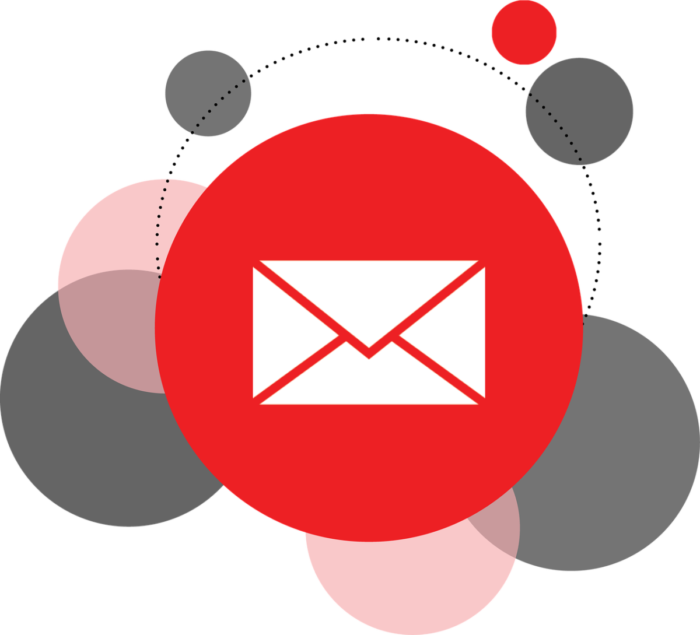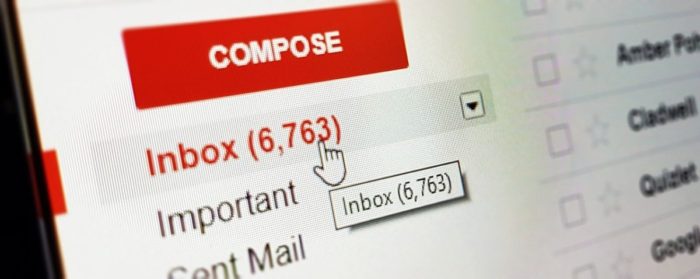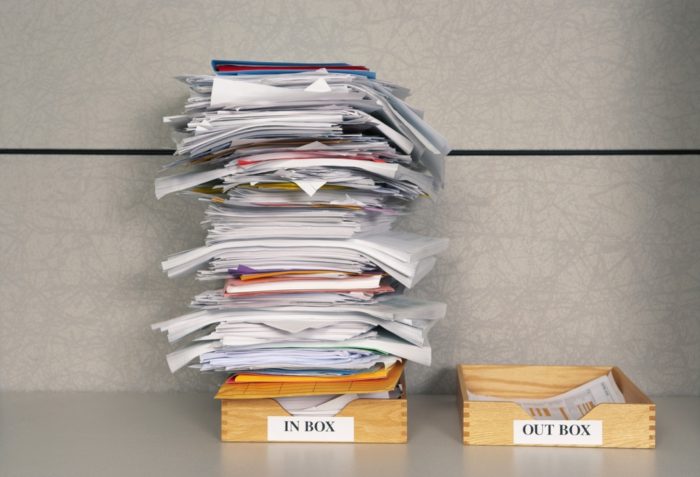Even though my engineering career is far from over, I wanted to look back and reflect. I realized that midway through my career is probably the right point to do this because if I wait too long, I’m sure to forget many of the early lessons learned.

Karora / Public domain
So far in my career, there have been many lessons learned both personally and professionally. I wanted to share a few that are universally applicable. Just to give some background into my life, I have had a very rewarding career as a mechanical engineer so far. Here are a few highlights of my journey.
- 2002 – Graduated from Baylor University – One of seven graduating engineers (28 total) with a job already (post 9/11 recession). Got married three months later. Laid off five weeks after that.
- 2003 – Finally got an engineering job – Whoo Hoo! Only 46 weeks after getting laid off. My part time job as a snow cone engineer finally paid off!
- 2004 – My career really took off and I was advancing quickly gaining skills and knowledge. The sky’s the limit!
- 2007 – Kiddo #1 was born on Friday the 13th of April.
- Fall 2008 – Expecting Kiddo #2, we decided to move from Texas to be closer to family in PA, so we moved to North Carolina for a new career opportunity. Career blossoms.
- 2009 – Kiddo #2 was born and passed away 4 months later. We realized how blessed we were by the support of our church family. We reassessed our lives and dove deeper into our faith.
- 2010 & 2014 – Kiddos #3 and #4 born. (Yes, I sometimes call them by their number. Who can remember names?)
- Christmas 2017 – After being burnt out at work, I decided to take three weeks off to reassess my career path. Returned with the following dream.
- April 2018 – Left my successful career and stable job to start my own design firm, Rasmussen Designs PLLC, with the goal of not having to go back to corporate America.
- July 2018 – Started the Mentored Engineer as a way to share my knowledge with young engineers.
Enough about me. I don’t really like to talk about myself because it feels like bragging. I just wanted to mention these things so that the rest of the article has some context.
I have summarized the lessons learned into three separate categories: Professional, Financial and Personal. This article will contain only professional lessons. Financial and personal can be found here. Some of these lessons are sad and some bring a smile from ear to ear. They are all my experiences and I wouldn’t trade them for the world.
I wanted to share these lessons with you because the career and life you envision may be much different than reality. That is life.
Professional Life
You Will Sit Behind a Computer for Long Periods of Time
I like computers! They have simplified the way we do so many things. As a result, they will forevermore be a critical component of how we live. But they can be overwhelming to look at day in and day out for years. We need a break from the screen.

It Takes a Full Year to Get Used to a 40 Hour Work Week
For most engineers, you are expected to work a 45 hour work week and that takes a lot of time to adjust. In college, working 45 hours was a breeze and often it was closer to 60 or 70 hours.
There is a difference in the way we are taught in school and how you are expected to work. In school, you have set classroom time, but you then have freedom to do your assignments at your leisure.
In corporate America, your employer will expect you to be at your desk at specific times. Those may not be your most productive times to work. Oh well. I was always able to start an hour before everyone else to get uninterrupted work done.
But having to go in at 7:00 am every day and leaving at 5:00 was a nightmare for me. I needed reprieve, but it never came.
It was really bad when we switched from daylight savings time to standard time in the fall. It now got dark right after I left work. I tried to rig up outside lights so that I could get some work done, but I realized that I just needed to do it on the weekends.
After the first year, I had adapted, I mean gave up. I was the working stiff now.
Take a Lunch
Yes, eat your lunch. But don’t eat it at your desk. If its not raining, go outside and eat even if it is cold. Enjoy the day. You need the change of pace. If it is raining, eat near a window and watch the storm. I like watching people scamper to their cars.
If you have the budget, go out to eat with a coworker. I like to do one-on-one lunches to really get to know someone.

Eating away from your desk allows you to decompress a little and separate your morning from the afternoon. If you still decide to eat at your desk, the day will seem longer than it does and you will go home a zombie. It may take a while to get to full zombie state, but it will happen. (Plus you get food in your keyboard.)
Management is the Natural Path Forward in Your Career
Like it or not, this is the natural tendency. Personally, I’m an “in the weeds” guy with the technical details. If you are a hands on person, there may be friction in your career long term. I was able to avoid moving up the management ladder (I don’t like lots of paperwork).
If you don’t see yourself as management, consider these two things. First, you may grow into it. More than a few times I’ve said that I would ‘never’ do something and then changed my mind. (I stopped doing that by the way.) Second, consider working at a smaller company, because management may not be a full time job. Many small companies have working managers where less than 50% of the workday deals with management.
Smaller Companies Will Provide Greater Flexibility
Small companies usually lack formal structure. This is a good thing because you can be used in a wide variety of facets. In my first real engineering job, I was an engineer, project manager and IT guru. It gave me a lot of experience in a very short amount of time.
In my last position, it was a much larger company and the engineering groups were very departmentalized. As a result, we didn’t work together across teams very much other than a quick question here and there.
I found my growth there to be much slower and there was a definite resistance to trying new ideas.
Avoid a Company Cell Phone and Laptop if You Can
Yes, most companies will give you a cell phone and laptop the second you walk through the door. If this is the case, try to resist it. Here’s why.
By giving you a cell phone, the company is secretly expecting you to be available at all hours of the day. While it may be fun and exciting at first, it will become a burden at some point. You will know this when they wake you up at 2:00 am or ask you to come in during your kids soccer game.

If you have to have a cell phone, see if you can leave it at work when you leave for the day. If not, have clear boundaries as to when to answer it and never, ever, ever sleep in the same room with it.
I actually was able to get rid of my cell phone at work because I just left it next to my keyboard all day.

The laptop is very similar in nature. There is a hidden expectation that you will be able to work from anywhere. This may be great once in a while, but it grows tiring when you are expected to check email daily or work when traveling.
One benefit of having a laptop and cell phone could be to work from home (or anywhere). If you are not required to physically be in the office, you could work from anywhere. I’ve read stories of people actually living abroad and no one from the office knew. Check out the 4-Hour Work Week for more information.
Write Down Lessons Learned as They Happen
I once knew a guy who wrote himself a letter when he would break up with a girlfriend. He wanted to remember exactly why they broke up, because our minds get fuzzy and we forget why we broke up in the first place.
I thought this to be funny at first, but it’s a great idea. Not only that, but we should do this with all lessons learned. It’s far easier to lose details about how and when you knew things in the midst of a problem. Take good notes as events happen.
You Will Get Laid Off or Fired
While I have never been fired from a job (I have been fired from non-paid work things), I have been laid off. Most times, being laid off or fired will turn into a good thing even though it sucks at the time.
When I was laid off for 46 weeks, it really gave me an opportunity to assess my life and prepared me mentally for the beginning of my career and a wonderful opportunity.

If you get fired, this is probably the biggest blessing. Since you got fired, the job wasn’t the right fit for you. This happened because you didn’t want to or weren’t able to perform well. Good, go find another job where you can thrive.
However if you find that you have been fired three times in a row, do some soul searching and make some changes in your life.
If You Don’t Enjoy Going to Work – Don’t
One of the worst feelings in the world is to force yourself to go to work when you don’t want to. Everyone has days or even a week where you just don’t feel like going: that is not what I’m talking about.
I’m talking about that feeling when you are “Done” with this job. Many people feel trapped in a job for many reasons most of which are financial. The result is he or she will stay far longer than they should.

I recommend that if you are “Done” with a job, have the difficult conversation with your boss first and air your grievances. Sometimes things can be worked out. After all, they have invested lots of time, money and effort into your training so he may make efforts to keep you. Or, he may tell you to go pound sand.
If you get the sand option, make plans to leave within 6 months.
Always Have Challenging Career Goals
Never stop learning!
As we get older, things generally become boring. As you graduate, the whole world is your oyster. You are embarking upon a new career, maybe marriage and kids are in your future, and there is a whole lot of life to LIVE!
As you check off these things, boredom and complacency set in. Been there done that.
This was a problem for me starting around 2016. As an engineer, I had accomplished all of the career goals I had made for myself. On top of that, 2016 was hands down my best year as an engineer.
I didn’t set any new goals for myself and became complacent and then bored. I had some depression with work and it spilled over into the rest of my life.
Always having and updating goals is critical for a successful career. Have written goals and be sure to be specific and have a plan for how to accomplish them. You don’t have to know all the steps but you should have a clear ‘next step.’
Despite All Your Technical Ability, If You Don’t Play Nicely With Others It Doesn’t Matter
So instantly, Sheldon Cooper from the Big Bang Theory comes to mind. In a lot of ways, I’m like him. Hopefully not to the same extent.
The truth be told, this is one area that I will forever be working on. It is one area of my yearly evaluations that was constantly a weakness.
As with Sheldon, people will put up with that behavior for a while, but they will grow weary eventually. You see, it is not that I don’t have the ability to be nice and everything. It’s just that I don’t desire to do that. (Yes, I know that I am my greatest problem.)
So does it work? Yes! From mid 2017 to 2018, I did an experiment at work. I made sure that I was super nice to everyone at work, but I let the rest of my work slide. The company got less work out of me, but I was pleasant to be around. As a result, I was offered a new position and eventually a promotion.

There was a catch. I hated myself. It took so much effort to be nice and suppress my God given nature. If you have issues with playing nice with others like I do, don’t do a 180 like I did, but make working on your people skills a higher priority.
You Can Keep Your Job for a Long Time by Showing Up on Time
True, as previously mentioned, I spent most of my last year performing less work, but I always made sure to show up on time. Watch this video for three other ways to keep your job.

It’s Difficult to Take a Sabbatical in Corporate America
All I wanted to do was to take 3 – 4 weeks off unpaid. Man, in corporate America, there is no way to do this. I either needed to take medical leave or an extended leave of absence. Ouch!
You Will Hit a Plateau in Your Career
If you’re not continually challenging yourself with new goals, you will hit a career plateau or peak. Mine was in 2016. To avoid this, keep dreaming and learning new things. You may need to be more drastic, like me, and quit your secure job to start your own company.
Be Hands on – Get Dirty
This one I love. I like getting dirty and being hands on. That’s where engineering skills are honed. Every shop I’ve worked in, there have been complaints that the engineers just don’t spend time learning how things are fabricated. A good engineer must know how to design things that can be built.
Sitting behind a computer will only get you so far in your design / engineering skills. The rest must be learned by being hands on. I mean you need to talk with the fabricator / assembler for advice and then ask them this hard question: “Can I do it?” With this question, you will gain the respect of the shop personnel and gain valuable skills for future designs.

The latter part is most important. I remember assembling a lift with the shop guys and we got to one point where the hydraulic assembly was complicated and awkward. I asked a few questions about the process. The shop guys figured out the best way to assemble and got complacent with the extra effort that was needed in the design.
I took this opportunity to dig deeper and found that a few small changes could greatly speed up the connection of hydraulic hoses saving nearly 30 minutes per build (pretty substantial).
One position I applied for, the manager insisted that I would be working on the shop floor for one month before performing my job. I said “yes.” He asked me twice more in the interview if I would work in the shop. I can only assume that other applicants didn’t want to.
On another note, when working in the shop, it is never beneath you to lead the cleanup effort by sweeping the floor. I see a lot of engineers come down and do work and then leave a mess behind.
In Summary
Despite my best efforts with this list, you may not be able to avoid learning these lessons yourself. I’m sure if you did avoid the consequences mentioned here, you would come up with a whole list of new lessons you learned. Remember, life is about the journey, not the destination.
